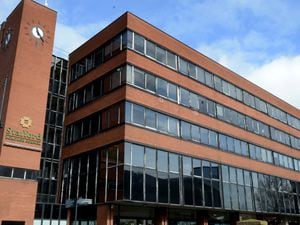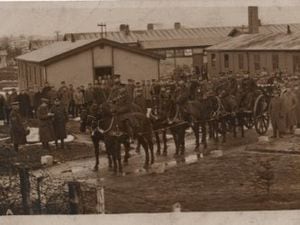Surge testing is the way to deal with new variants, not lockdowns, says health chief
A health chief says "surge testing" should be prioritised over lockdowns if new variants of coronavirus are found.

Dr Lisa McNally, director of public health in Sandwell, would be reluctant to see lockdowns return unless absolutely necessary.
Surge testing was carried along the borough's Oldbury and Tipton border last month after a case of the South African variant was found.
A new case was also discovered in Smethwick last week, with the council set to begin surge testing in that area from Thursday.
Dr McNally said: "Lockdowns probably wouldn't be the most effective way to do things. Lockdowns are good at reducing the spread in general.
"For new variants, with the stage we are in at the moment, we need a more precise tool.
"When a new variant emerges, we do two things. Firstly, we do rapid enhanced contact tracing. We work out, not just who that person may have been in contact with, but where they may have got that virus from.
"Then, if we are able to map out a clear chain of transmission, then it is usually enough to make sure the people in that chain are isolated.
"However, in reality, it is not always that clean cut, which is when we introduce surge testing, which is what we did in Oldbury and Tipton, and what we will do in Smethwick.
"Surge testing is like throwing a net over quite a focused geographical area. Usually, the recommendation is an area that contains about 5,000 people.
"We throw a net to increase our chances of catching the cases that have either been caused by the case, that we have found, or indeed further up the chain, which may have given the virus to that case.
"That means we test as many people as we can in that area.
"We test people who aren't asymptotic people, and we get those samples - not just tested for the virus - but we do full genomic sequencing to look for anymore cases of the variant.
"And if we find any, we can isolate them."
She added: "If we find one case of a new variant in Smethwick, a lockdown of the whole of Smethwick, or to make it effective, you would have to make it a wide area, would be a complete overkill. The costs would be greater than the benefit.
"Where lockdowns are required, public health would always support it. But what we are not fans of in public health is lockdown when it is not essential."





